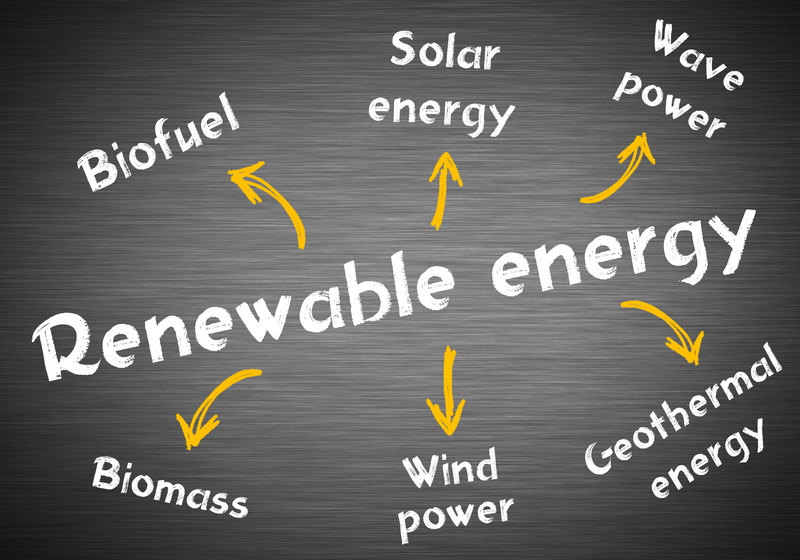Waste Management: A Pillar of Public Health
Waste management is a crucial aspect of public health, as it directly influences the environment and human well-being. The effective management of waste materials prevents the spread of diseases, reduces environmental degradation, and promotes resource recovery. This article explores the importance of waste management, its methods and techniques, and its impact on public health.
Understanding Waste Management
Waste management refers to the processes and actions required to manage waste from its initial generation to its final disposal. This includes the collection, transportation, treatment, and disposal of waste, along with monitoring and regulation. The goal is to reduce the negative impacts of waste on human health and the environment while maximizing resource recovery.

Types of Waste
Understanding waste types is essential for effective waste management. Waste can be broadly classified into four categories:
1. Municipal Solid Waste (MSW): Commonly known as trash or garbage, MSW consists of everyday items that are discarded by the public. This includes household waste, packaging, and durable goods.
2. Industrial Waste: Generated from manufacturing and industrial activities, this type of waste includes scrap metals, chemicals, and other by-product materials.
3. Hazardous Waste: Waste that poses substantial or potential threats to public health or the environment. Examples include medical waste, pesticides, and contaminated soil.
4. E-Waste: Discarded electronic appliances such as computers, smartphones, and televisions. E-waste is particularly challenging due to the presence of hazardous substances like lead and mercury.
Methods of Waste Management
There are several methods of managing waste, each with its own benefits and limitations. The choice of method often depends on the type of waste and the local regulations.
Landfilling
Landfilling is one of the most common methods of waste disposal. Trash is buried in large, carefully designed areas known as landfills. Modern landfills are engineered with protective liners and systems to prevent contamination of groundwater. While landfills are effective at containing waste, they require significant land space and can contribute to air pollution through the release of methane gas.
Incineration
Incineration involves burning waste at high temperatures to reduce its volume and mass. This process can generate energy, making it a popular option in waste-to-energy facilities. However, incineration can release harmful pollutants if not properly managed and can be cost-prohibitive for some communities.
Recycling and Composting
Recycling involves processing waste materials to produce new products, conserving resources, and reducing landfill use. Commonly recycled materials include paper, plastic, glass, and metals. Composting is the biological decomposition of organic waste, such as food scraps and yard trimmings, into nutrient-rich soil amendments. Both methods significantly reduce the environmental impact of waste.
Waste Minimization and Source Reduction
Waste minimization focuses on reducing the quantity and toxicity of waste generated. This can be achieved through product design, sustainable manufacturing practices, and consumer behavior changes. Source reduction involves preventing waste before it is created by using fewer resources and designing products that last longer.
The Link Between Waste Management and Public Health
Effective waste management is paramount for safeguarding public health. Poor waste disposal practices can lead to a host of health issues, including:
Diseases and Infections
Improper waste disposal can create breeding grounds for disease vectors such as rodents, flies, and mosquitoes. These vectors can transmit diseases such as malaria, dengue fever, and leptospirosis. Additionally, the accumulation of waste can lead to the contamination of water sources, causing waterborne diseases like cholera and dysentery.
Air Quality
Waste incineration and the decomposition of organic waste in landfills release pollutants into the air, including particulate matter, volatile organic compounds (VOCs), and greenhouse gases. Poor air quality can exacerbate respiratory conditions, cardiovascular diseases, and other health problems.
Soil and Water Contamination
Leachate from landfills can contaminate soil and groundwater with harmful chemicals and heavy metals. This not only affects drinking water quality but also harms ecosystems and agricultural productivity.
Regulatory Framework and Policies
Governments and international organizations play a crucial role in waste management through legislation and policies. Regulatory frameworks set standards for waste treatment and disposal, promote recycling and resource recovery, and ensure the safe handling of hazardous materials. Some key regulations include:
- The Resource Conservation and Recovery Act (RCRA): A U.S. federal law regulating the management of hazardous and non-hazardous solid waste.
- The European Union's Waste Framework Directive: A regulation that sets the framework for waste management across EU member states.
- Basel Convention: An international treaty designed to reduce the movement of hazardous waste between nations, particularly from developed to less developed countries.
Community Involvement and Education
Public participation is essential for the success of waste management programs. Communities must be educated about the importance of waste reduction, proper waste disposal, and recycling practices. Awareness campaigns, community clean-up events, and school education programs can foster responsible waste management behaviors.

Innovations in Waste Management
Advancements in technology are revolutionizing waste management practices. Innovations include:
Smart Waste Bins
Equipped with sensors, smart waste bins can monitor waste levels and optimize collection routes, reducing fuel consumption and emissions from waste collection vehicles.
Plastic-Eating Bacteria
Researchers are exploring the use of bacteria that can break down plastic waste, potentially offering a sustainable solution to the global plastic pollution problem.
Advanced Recycling Techniques
Techniques such as chemical recycling can process mixed and contaminated plastics that are not suitable for traditional mechanical recycling.
Conclusion
Waste management is a foundational component of public health, influencing environmental quality and human well-being. Effective waste management practices prevent diseases, protect natural resources, and promote sustainability. By adopting innovative technologies, establishing robust regulatory frameworks, and engaging communities, we can create a healthier, cleaner, and more sustainable future for all.
The concerted effort from individuals, communities, governments, and industries is crucial to achieving these goals. Each small action, from recycling a plastic bottle to participating in community clean-up programs, contributes to the broader objective of sustainable waste management. The health of our population and the planet depends on how we manage the waste we produce--making waste management a true pillar of public health.

